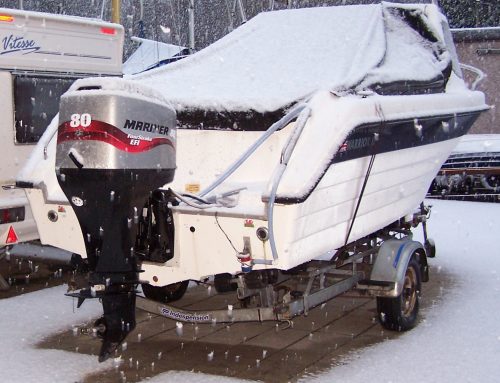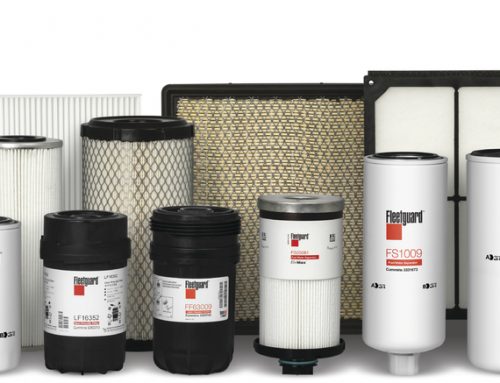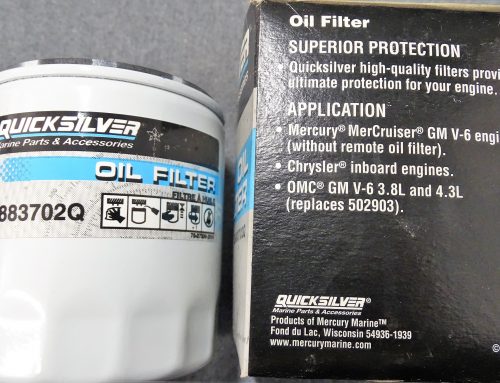Winterising Boats
MES Ltd based in North Wales can provide you with a winterisation and inspection service. Should you require this, please contact us by phone or email.
Tel: 01248671215
Email: [email protected]
It is that time of the year when many boat owners are planning to take their boat out of the water. It is important to winterise the engine and boat at this time to help prevent problems incurring on re-launch in the Spring/Summer following the winter season.
The level of winterisation is dependent upon your boat/engine and should be done in line with the manufacturers recommendations.
The following are possible items that should be considered when taking your boat out of the water, but please note this is not an exhaustive list:-
- Fill your diesel fuel tank to the top. Why? This helps prevent condensation from building up inside the tank thus minimising the chance of diesel bug growth. Fuel additive maybe required to be added if there are suspect signs of the bug. Please see our blog on the dreaded fuel bug for further information.
- Check fuel filler cap seal – Why? This is to stop any water from entering the fuel tank to eliminate the risk of fuel bug growth.
- Change the engine oil with the correct oil specification for your engine. Why? This safeguards the engine from any corrosive acidic remnants of combustion remaining in there over the winter. Please note that the oil should be responsibly disposed.
- Change the oil filter – Why? Combustion products can build up in the filter which restricts the flow so it is a good idea to change a minimum of once a year and in line with manufacturer’s recommendations. This can be a messy job and again filters should be responsibly disposed of.
- Change and drain fuel pre-filter. Why? This can establish whether there is a problem with your fuel
- Check fresh water cooling level and top up and also check the condition/ratio of the anti-freeze. Why? Anti-freeze helps to guard the engine from the cold and, also acts as a corrosion inhibiter protecting the internal water ways within the engine
- Drain the cooling system for raw/fresh water cooled diesel engines, refill with anti-freeze solution and run up engine to circulate the solution around. Why? To guard against the cold and help protect internal waterways.
- Check the sea water pump impeller. Why? If impeller remains in one position for too long it can become deformed and less effective. Impeller blades can also brake off and cause issues within the engine and systems. Note impellers should be changed annually as a minimum.
- Clean bilges. Why? This helps spotting any faults easier and earlier.
- Disconnect batteries, check levels and charge up (check and charge every month to keep them in order). Batteries may need replacing if not keeping their charge.
- Prevent rust build up by removing air intake filter blocking entry with e.g. with an oily rag.
- Block off the exhaust (using tape, rags or bung) to help prevent moisture from getting into the engine
- Don’t forget about the interior upholstery and furnishings which may need to be removed. Ventilate areas by leaving cupboard doors ajar etc. Why? Prevent damp and mould build up




